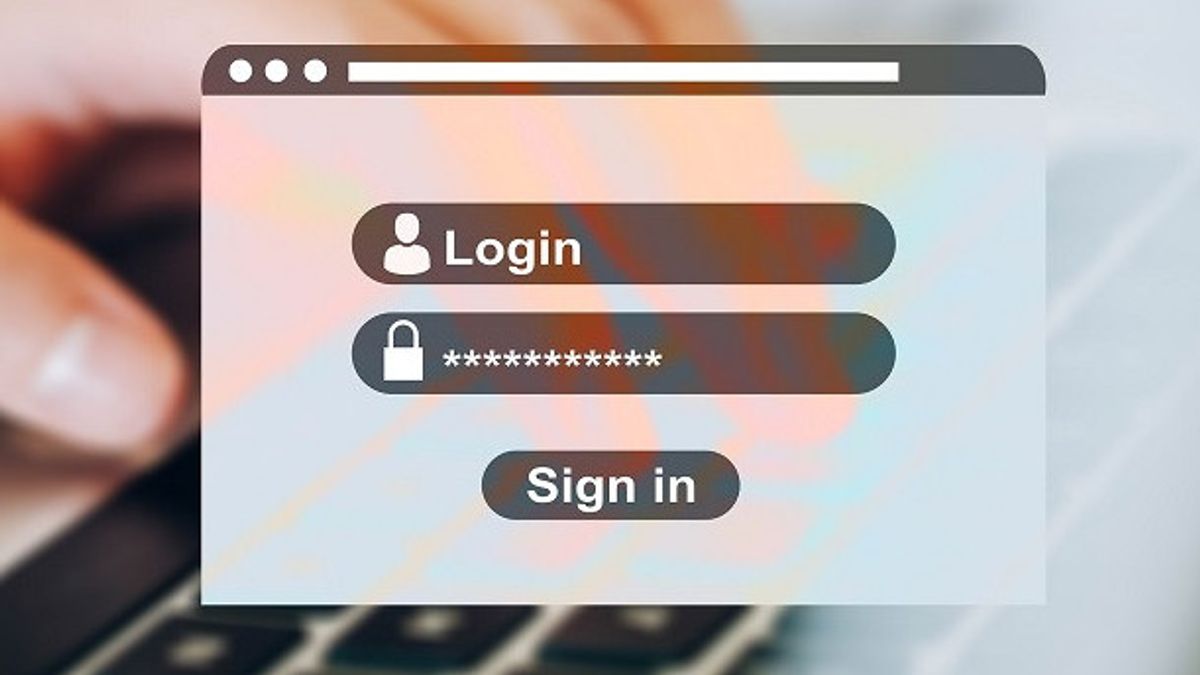JAKARTA - Google is starting today rolling out passkey support to its flagship web browser Chrome and Android operating system. The company plans to overthrow the password feature.
Passkey is currently backed by Google, Apple, and Microsoft, so it is certain that in the future many users will see a passkey anywhere.
Simply put, the passkey is a new security standard to replace passwords. However, rather than having to maintain an alphanumeric pattern for certain sites, the tech giants will take advantage of intelligent devices that already exist in the hands of users.
Where a passkey can use fingerprints, facial recognition, or even pins, any operating system that supports a passkey will use a user's device to create a private key that interacts with a service public key.
Both keys combined will be a user's passkey. They can use the password next to the password, or as a replacement.
" Password keys are a much safer replacement for passwords and other phishable authentication factors. They cannot be reused, are not leaked in server violations, and protect users from phishing attacks," Google said.
Google added that users will not have trouble using a passkey, because they combine the flow of passwords that already exist in most smartphones.
However, this feature is still in the testing phase for users on Google Play Services Beta or Chrome Canary, while the final version will be launched later this year.
The English, Chinese, Japanese, Arabic, and French versions are automatically generated by the AI. So there may still be inaccuracies in translating, please always see Indonesian as our main language. (system supported by DigitalSiber.id)













